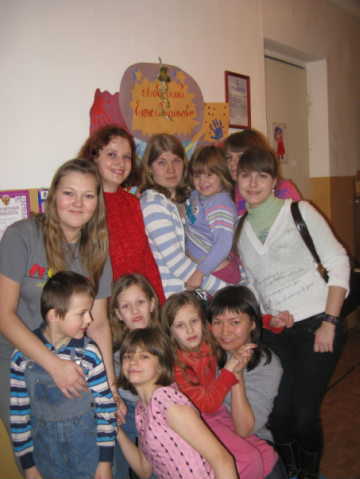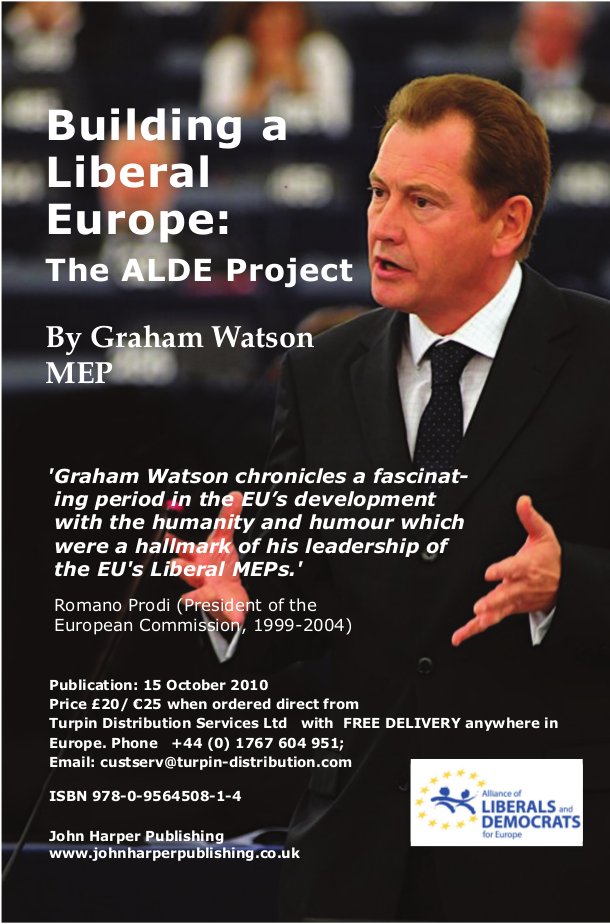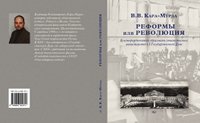Grigory Yavlinsky’s lecture “The Russian Parallels: 1917 — 2017”
On political parallels and assessment of the events of 1917
Novaya Gazeta, 03.04.2017
In the absence of a modern and honest assessment of what happened [in Russia] one hundred years ago, the Russian public consciousness is doomed to flounder between the idea of a revolution as a blessing and the only way to achieve change, and the idea of safeguarding the current government at all costs as the only possible form guaranteeing the existence in the modern world. The political parallels between 1917 and 2017, and the evaluation of the events that happened a hundred years ago are discussed by economist and politician Grigory Yavlinsky.
Video by Gleb Limansky and Kristina Prudnikova
Here comes Grigory Yalvinsky’s lecture in ten key theses:
– The era of post-Soviet modernisation has come to an end. The transformation of Soviet Russia into a modern European country has failed. The reasons are deep and serious. They are partly related to the history, the specifics of the development of the past century, and also, in a significant part they are connected with mistakes and crimes in the course of transformation, with the self-serving and deceitful politics. The annexation of Crimea, the war with Ukraine, the war in Syria and, finally, nuclear blackmail so that to return to the world order of the middle of the 20th century, became a marker of the end of the era. The new era did not grow inside the old one, neither as its continuation, nor as its opposite or alternative. There is an attempt to return to the agenda of the USSR period, but it is impossible to return there. Therefore, fringe groups came to the surface: Stalinists, admirers of Ivan the Terrible, neopagans and Orthodox fundamentalists. [The authorities] have been steadily training the Russian society to getting used to thinking about closeness and inevitability of a war.
– The change of one era and the beginning of another has been also observed on a worldwide scale. The situation resembles the one that was before and in the beginning of World War I and it is based on public disorientation and confusion. The post-war economic system, which was based on individualism and pragmatism, and which emerged in the United States in 1940s and was manifest in Thatcherism and Reaganomics, led to dramatic consequences. Over the next 20 years, all countries will finally be divided into two unequal camps: there will be the developed countries (with population of about 2 billion people) and the countries that will remain forever undeveloped. Hence the problem of migrants. Not because the countries where they leave are poor, but because there is no future for them in these countries. A change of the global economic leader has been taking place in the world – the United States is being replaced by China. A change of a leader is always connected with major economic shocks. But earlier leadership always passed to the state with a more modern political structure, now it is not so. China does not have a more modern political system. Europe is losing its leadership. Brexit, the growing popularity of nationalists in Germany, France, Poland, Hungary and other countries – all this indicates that Europe has been losing its most important feature – being the engine of development on a civilization scale. The fourth industrial revolution is coming: there emerge technologies affecting the mind, transforming it, as well as the psycho-structure of humans. These technologies far outstripped both human capabilities and human needs. People turned out to be unprepared to such changes, they are lost and lose their idea of the future. Consequently, people all over the world are afraid of the future. The present is confused with the past, because the future is completely incomprehensible. And this gave rise to a new phenomenon. I call it the “again policy”, i.e. a policy targeted into the past. What policy should be pursued in order to avoid a great war, or a collapse? We need to look for evolutionary solutions, so that to be able to move forward without humiliating anyone.
– The reason for the collapse of the government in Russia in February 1917 was the unwillingness and inability of the autocracy to evolve evolutionarily, responding adequately to the demands of the time and the new threats. The Russian elite, which supported the abdication of Nicholas II, did not seek to destroy the monarchy. They wanted to replace the bad tsar with a good tsar, let off the steam of public discontent and somewhat improve the state system. They were not ready for anything else – the autocracy did not allow for the formation of a new governing elite.
– The Constituent Assembly in 1918 was supposed to legitimise the democratic form of governing. But the Bolsheviks lost the elections, overthrew the legitimate authority and pushed the country to the path of civil war. Since the power of the Bolsheviks did not have legitimate grounds, so from the very beginning they could not go without terror and lies, that became system-forming elements of the state. Since that time, there has been no legitimate state in Russia.
– In 1990s the problem of positive democratic legitimacy of government was not solved either. The new lie was added to the old one: the myth on the inevitability of precisely such kind of reforms. The state responsible for the sharp drop in the living standards of the absolute majority of the population began deliberate flirting with the “sovereign” component of the national consciousness. Cynical political expediency triumphed in politics. The state did not create legitimate private property based on mass property. People began to perceive the government not as a social function, but as an instrument of personal enrichment.
– The developments of the past fifteen years have convincingly demonstrated that if people with minds of Soviet nomenclature and acting in accordance with the unwritten rules of the underworld play a leading role on all levels of governing, modernisation is impossible in principle, just as it is impossible to create a competitive market economy. The present system is non-reformable.
– The topic of the February [bourgeois] Revolution of 1917 [preceding the October Bolshevist coup] is very important, because the present Russian government and its policies are literally, in all their manifestations, represent that autocratic-Bolshevik power. Modern Bolshevism, in particular, includes a quasi-social agreement on the non-disclosure of crimes that originated in October 1917, the oblivion of their victims, continuation of their self-serving distortion of the Russian history with complete confusion of good and evil in it, up to their complete undistinguishability. To agree with the fact that the events of February and October 1917 maybe clearly explained and crimes of the Soviet period recognized literally means the beginning of the end for the present government.
– Reconciliation without exposing the evil represents a direct justification of the evil. Justification is a sign of a conscientious readiness to take advantage of this evil again. That is why the state, the public, the legal and the moral assessment of the past century are needed. (The 20th Congress of the Communist Party of the USSR gave the inner-party, but not the state assessment of the events).
– Now we are facing the prospects of another attempt for realization, after the re-election of Putin in 2018, of the myth of returning to the quasi-USSR with the new Yalta, “spheres of influence” and the threat of a nuclear war, – that is, movement to the past, which is impossible to return to, and sooner or later this will lead to another all-Russian catastrophe. The Russian society, sooner or later, will come to an understanding of the archaic nature and unacceptability of autocracy.
– An alternative to such development is a different president, a change of power and creation of a legitimate state that would abolish lies, restore historical continuity in Russia where both the autocracy and the Bolshevik dead-end became an obstacle [for development]. We need to prepare a new Constituent Assembly. The preparation will be very difficult and time-consuming. We need a deep comprehension of the current situation in Russia, its geopolitical place in the world, and, therefore, a broad discussion of the problems of the statehood and the characteristics of the Russian economic system is inevitable.
Posted: April 4th, 2017 under History, Understanding Russia.









